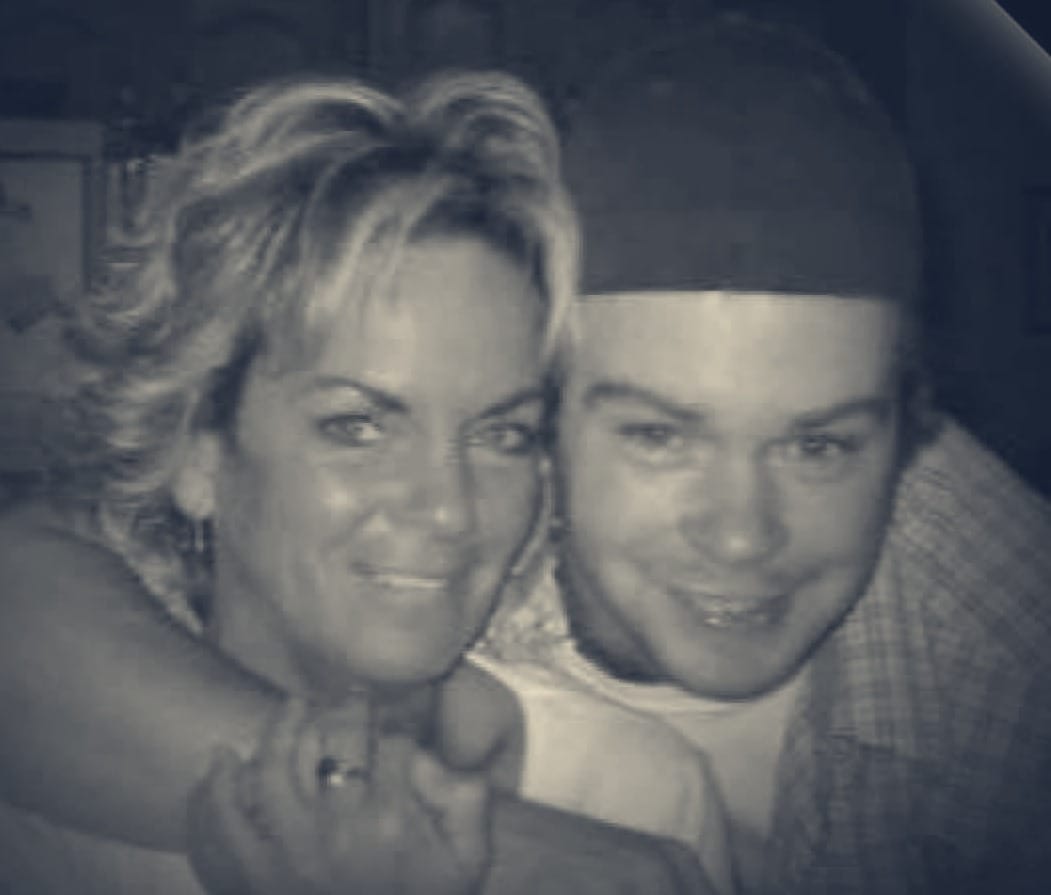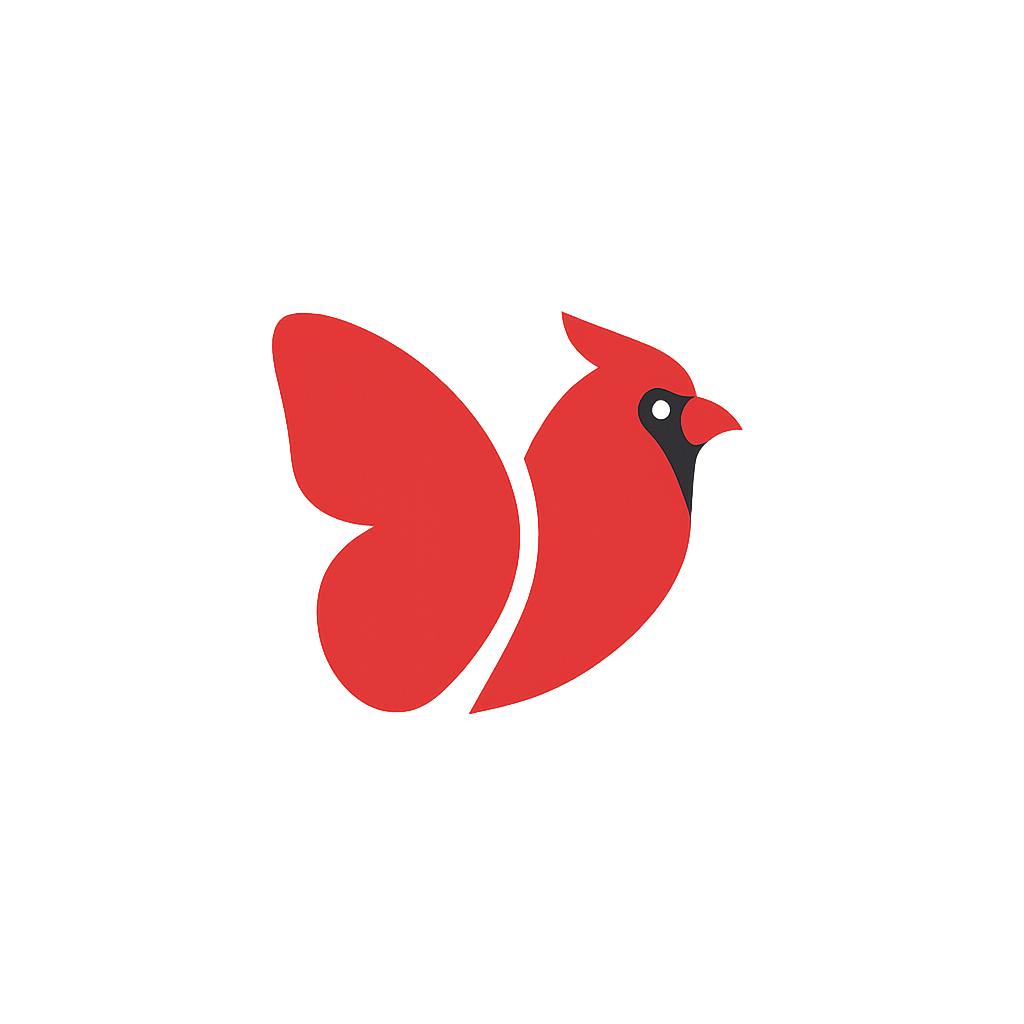My Story

My name is Trevor. I’m a husband, father, contractor—and a runner who found his lifeline in the miles.
This space exists because of loss. In 2006, I lost my mother to suicide. That moment fractured everything I thought I knew about life, family, and myself. It left me carrying promises, anger, and questions that still echo years later.
Running became my way forward. At first, it was just movement. Then, it became survival. Over time, it grew into Mental Miles—a project built on honesty, resilience, and reflection. Here, I share not just the runs, but the stories, the struggles, and the small victories that come with them.
This isn’t about having answers. It’s about being real. It’s about the people left behind, the weight we carry, and the ways we keep moving anyway.
If you’re here, maybe you’re carrying something too. My hope is simple: that you find something in these words that makes you feel seen, less invisible, and maybe a little stronger for your own miles.
